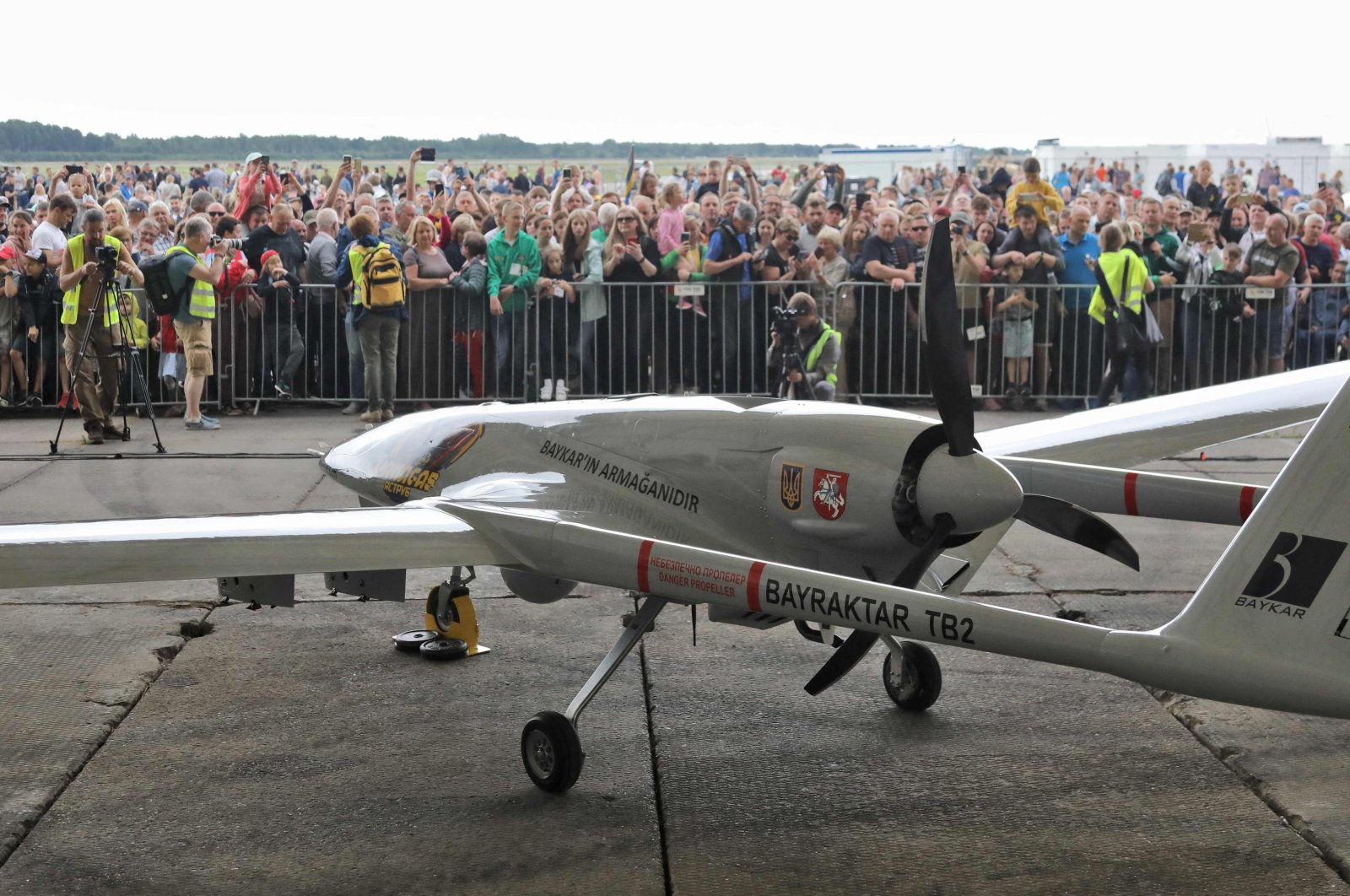Debate: How can we manage technological development instead of it managing us?
How are today’s schools and universities responding to the development of the Internet and artificial intelligence (AI)? Is today’s teaching outdated? Is each student encouraged to ask questions and think for themselves? These questions are asked in a book recently published by the French Tiphaine Liu.
His starting point is that we must lose if we try to compete with machines in mathematical logic and rationality. Machines can now collect knowledge, calculate, reason and learn better than us humans. Our strength over machines and AI lies in our multidimensional intelligence.
We are the only ones in the universe in search of ideals, the only ones capable of inventing realities that do not yet exist. We can do what is neither expected nor predictable. This is where our opportunities to manage technological development lie.
One of the challenges of education in the future is to develop more methods to stimulate each teacher, pupil and student to trust and develop their creativity and personal identity. This can, among other things, happen in teaching programs – at all levels – organized into learning collectives. They are based on questioning and dialogue between teacher and pupil/student and between pupils/students.
Pupils/students not only learn how and where to seek knowledge. They are trained in critical thinking, interpersonal skills and curiosity. This is the recommendation of Tiphaine Liu’s book: “Former Radical Innovators. For a pedagogy of emancipation. Paris 2022. ISBN9782140277788
*Kirsten Engelstad is a former national librarian, now an editor and fiction writer. She is a member of the board of directors of the “Learning Differences – Learning for All” forum.

“Devoted reader. Thinker. Proud food specialist. Evil internet scholar. Bacon practitioner.”







